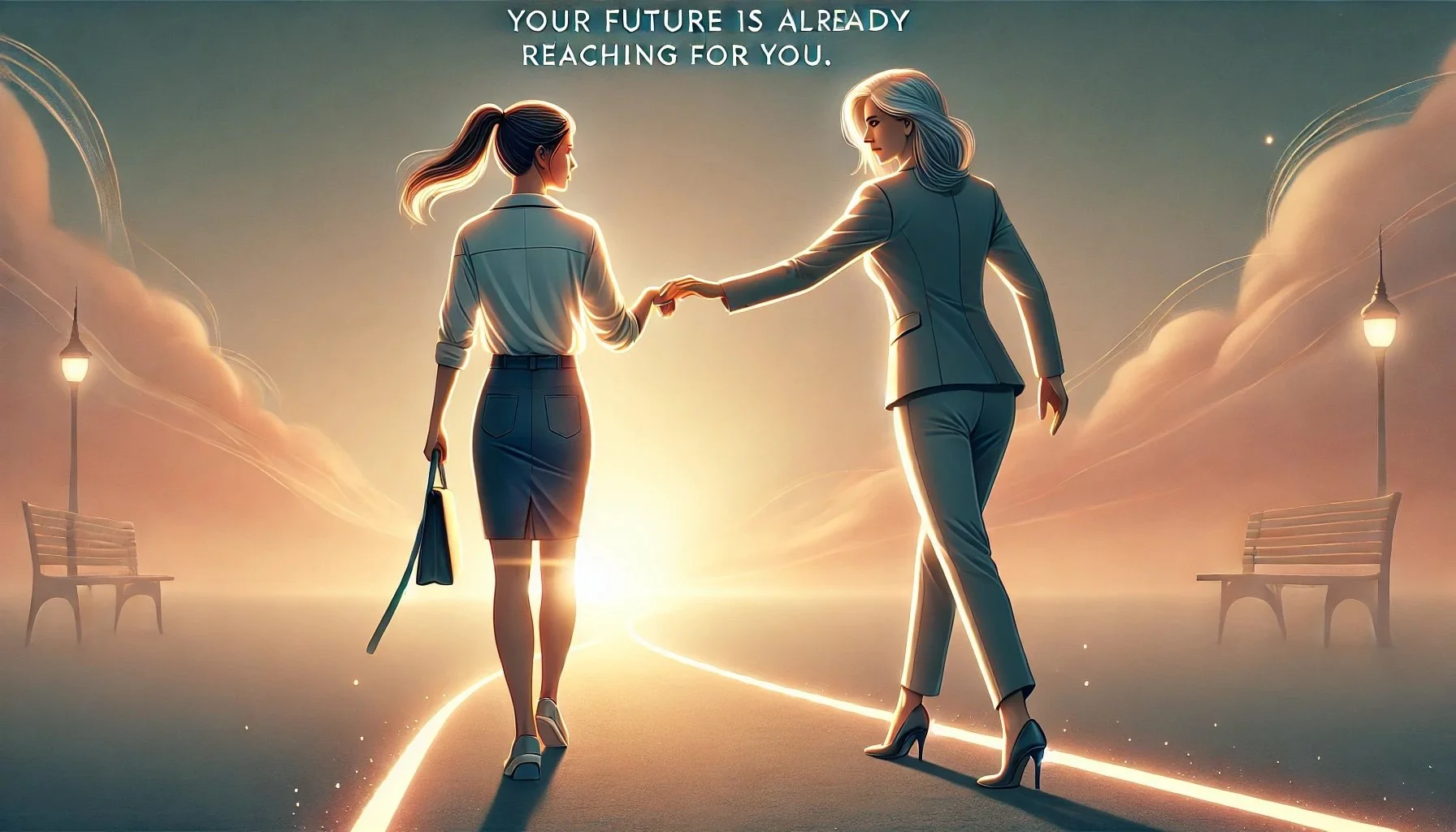I wanted to touch on a subject that has come up repeatedly over the past couple of months: “Where is my CX career going? How can I grow it, protect it, and thrive in these disruptive times?”
I grew up in Customer Service, and my first experience with Customer Experience (CX) was in 2006, when I joined a cross-organizational program led by Aisling Hassell, the CCO of Symantec. After that, I was hooked. I’ve been active with the CXPA since its founding when I was the VP of CX for Yahoo. I’ve served as a corporate sponsor, won a CXPA Innovation Award when I was the EVP of CX for Sage Software in 2013, chaired multiple committees, served on the board of directors, earned my CCXP, and have mentored many leaders over the past 15 years. I believed so strongly in the power and promise of CX that I founded my own company, Vector Business Navigation, in 2015 and helped co-found TribeCX in 2016. Over the past decade, I’ve had the honor and privilege to serve more than 55 clients.
Yes, I firmly believe anyone can have a successful, multi-decade-long career in CX if they embrace certain core principles. These are insights I attribute to my "future self" reaching back to ensure I was aware, awake, and ready to embrace opportunities that would build my experience, empathy and credibility, positioning me as a successful CX professional here today.
Be Curious about everything related to the business you are a part of. Engage frequently with your boss, peers, counterparts, and internal customers. Learn about every role in the company, why each exists, and the threads connecting them all. Imagine each person in these roles as your personal "customer," with your goal being to create experiences that bring out their best. This exercise is as much mental as it is practical, designed to expand your imaginative powers and sharpen your emotional awareness regularly.
Be Your Authentic Self and mindful of the experiences you generate. When I started my business, I was advised that "I was my brand," requiring active management, projection, and protection, especially when inevitable missteps occurred. I remind clients constantly that we’re in the business of imprinting memories—it's happening every moment whether we acknowledge it or not. But what if we consciously focused on delivering branded experiences? Ask yourself: How easy, enjoyable, and engaging are you to work with? What is your personal brand, and are you consistently representing it during every interaction?
Be Open to new opportunities, projects, programs, and roles. Allow your CX identity to remain flexible, remembering the saying, "CX is everyone’s job." View new experiences as stepping stones to master essential skills, gain "lived experience," and build the expertise, confidence, and context your future self will need to lead customer-centric transformations from the boardroom. Focus on learning how to learn, cultivating professional humility and confidence, and building trust, not just technical skills. Pay close attention to how good leaders operate, and build upon those lessons. As someone once told me, you can’t fully understand sales without experiencing it firsthand—the same holds true for marketing, product development, customer service, and beyond. Allow your CX persona to go "undercover" periodically to gain comprehensive insights.
Be Brave and Lead with Purpose. Your future self reminds you, "You’ve come far—not because you always knew what to do, but because you didn’t quit when it got hard. Now is the time to mentor others, refine your impact, and align your work with your deeper values." Resilience requires experience, learning through failures, and fostering a growth mindset. I frequently remind my kids, "My goal isn't to avoid mistakes, but to make new and spectacular ones to learn from." Giving yourself, your team, peers, bosses, and executives the grace to be human, make mistakes, and learn from them is a profound gift. This approach requires adopting an "abundance" mindset rather than one driven by "scarcity." Being the bigger person—ready to accept, pivot, catch, and coach—is a sacred responsibility all great CX leaders carry, regardless of their title or job level.
CX professionals often live between timelines. They understand the big picture and the impact of retaining customers over a 3-5 year Total Lifetime Value (TLV), yet they obsess equally over micro-level details, like eliminating friction from a digital shopping cart step to prevent abandonment. Our role involves passionately improving customer experiences at both macro and micro levels. To be effective, we must help our organizations see what we see and grasp the implications of getting things wrong.
My simple request: apply this same perspective to your own career. Always think about the long game! Your current company may not be where you should be in five years—but then again, because of your contributions, it just might be. Reflect also on your short-term contributions—what did you accomplish last Tuesday that helped you grow, supported your boss and team, and connected to your company's higher purpose? Finally, actively listen for your future self reminding you: "Your legacy isn’t just what you build—it’s how you make people feel along the way."

